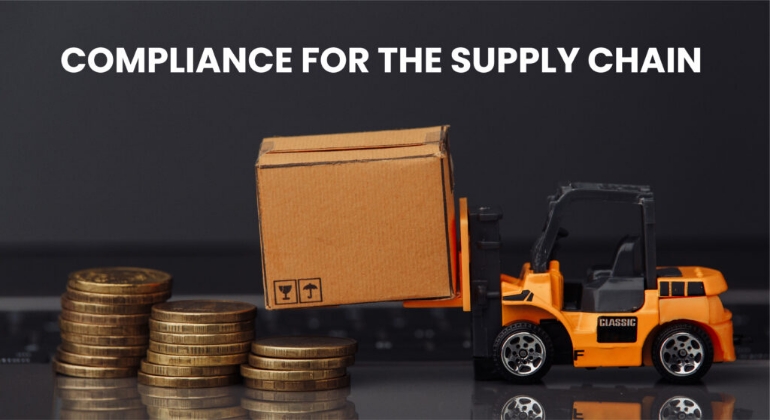A small auto parts supplier must spend hours looking through transactions to mechanically process e-invoices and e-way bills. This activity drains a good share of the business’s slim accounting resources. As any business that records a turnover above 10 Cr. or transports goods worth Rs.50,000, is mandated to comply. To put it shortly, compliance is time-consuming and relentlessly tedious.
This begs the question – what is the solution? One answer lies in using an API. Think of an API like a waiter in a restaurant, carrying information and orders between the customer and the chef. In the context of compliance, the API carries data back and forth and performs processes on the systems of the business, its supply chain, and the government portal. To see exactly how the API lightens the load of compliance, continue reading.
Automation makes compliance less of a burden
Take the example of a large milk producer in your region. Since milk is perishable and widely consumed, the logistics need to be razor-sharp. Large volumes need to be produced each day, and stocks need to move quickly. The last thing the producer would want is to have trucks ready to be dispatched with no e-way bill ready. This is not a far-off possibility because there at least 10 steps to processing an e-way bill. As the producer must first process the e-invoice even before they generate the e-way bill. And while e-way bills can be generated in bulk, the volume and urgency of milk deliveries would need the accounting team to attend to this process around the clock. Here, the API steps in to automate compliance. It transforms the painful and manual process to be a simple and quick one. By reducing the need for human intervention, the accounting team is less burdened by the process of documenting every business transaction. This helps the milk producer quickly churn out gallons (pun intended!) in time for morning coffee.
With an API, compliance adds back to the business
Now, while the previous point addressed how APIs lighten compliance operations, it is important to consider the implications for the business. This is important to consider, as it perceives compliance as having some value-add rather than just being a necessary evil.
- A compliant supply chain: the onus often falls on larger organizations to ensure their smaller partners are compliant. Although an added responsibility, it is also an opportunity for the central organization to set a standard. To this effect the API can be used a mechanism to establish a positive legal and financial reputation across the supply chain. This is made easy by the API seamlessly working on any existing accounting software/ERP and requiring no additional integration.
- Reduce duplicate tax expenditure: with tax being collected at every level of the supply chain, the central buyer is often taxed repeatedly. And for input tax credit to be claimed, the buyer’s smaller partners need to be on top of their compliance. Here, automation via the API allows smaller firms tobe at pace with larger ones. Thus, allowing the larger organization to save costs more effectively.
- Redundant change management: for a large organization, it is difficult to maintain domain expertise in e-invoicing and e-way billing. Even if internal accountants are aware of updates, the next obstacle is in correcting existing processes to reflect the change. Hence, the API automatically implements new changes, effectively turning change management redundant.
- Keep a pulse on transactions: the API’s dashboards on various transaction level markers (e.g., invoices generated, cancelled, transaction volumes and amount) offer a single-window idea on how the business is currently doing. The compiled indicators allow senior level management to make informed decisions, and mid-level management to monitor for any signs of distress.
Thus, compliance begins to mean much more when implemented through the capabilities of an API. In this manner, Vayana’s Enriched API Services becomes a strategic tool for the organization to consider. Vayana is India’s largest GST Suvidha Provider (GSP), having processed more than 7+ billion API calls and 80+ million e-invoices with zero downtime. This results in 1 out of every 5 invoices in the country passing through Vayana’s API. To know more about Vayana’s compliance write to us [email protected].








